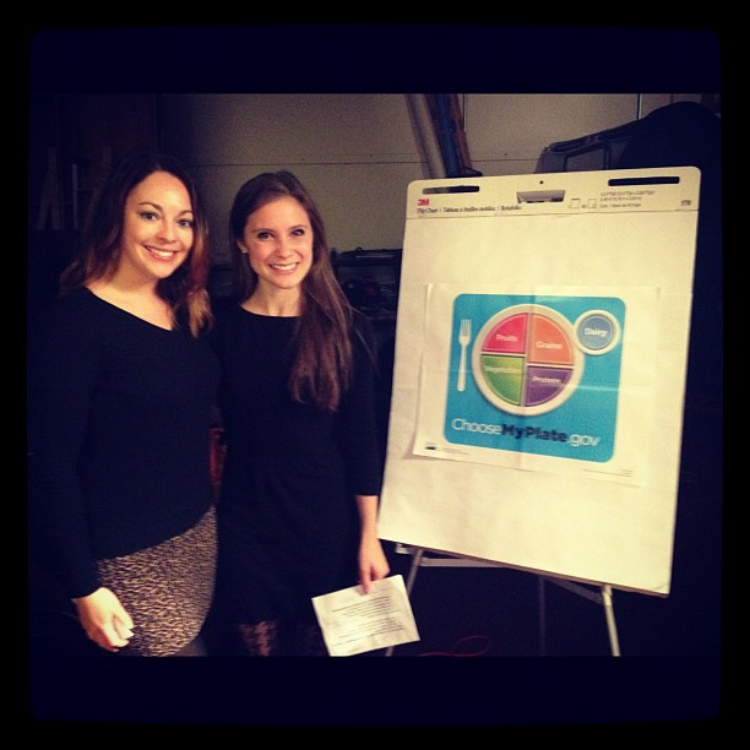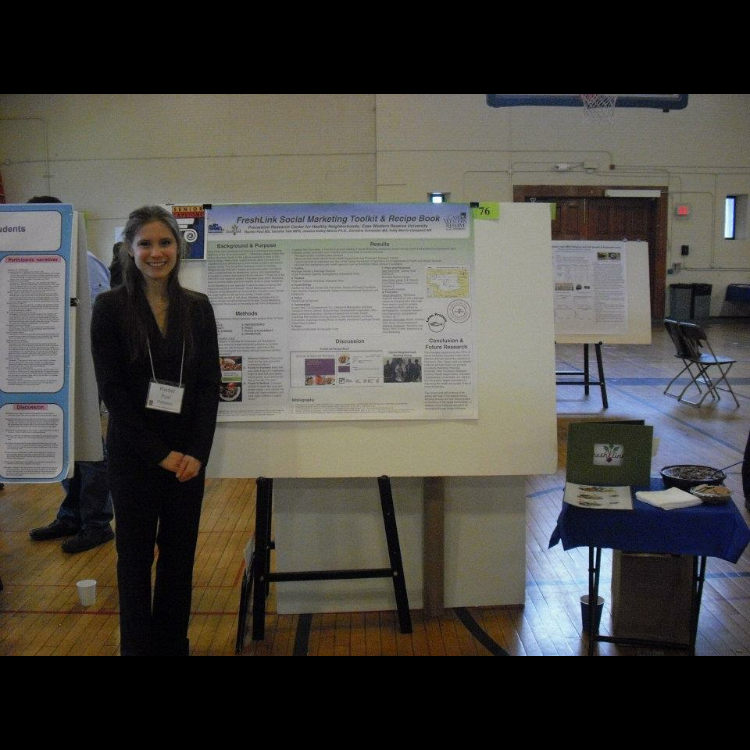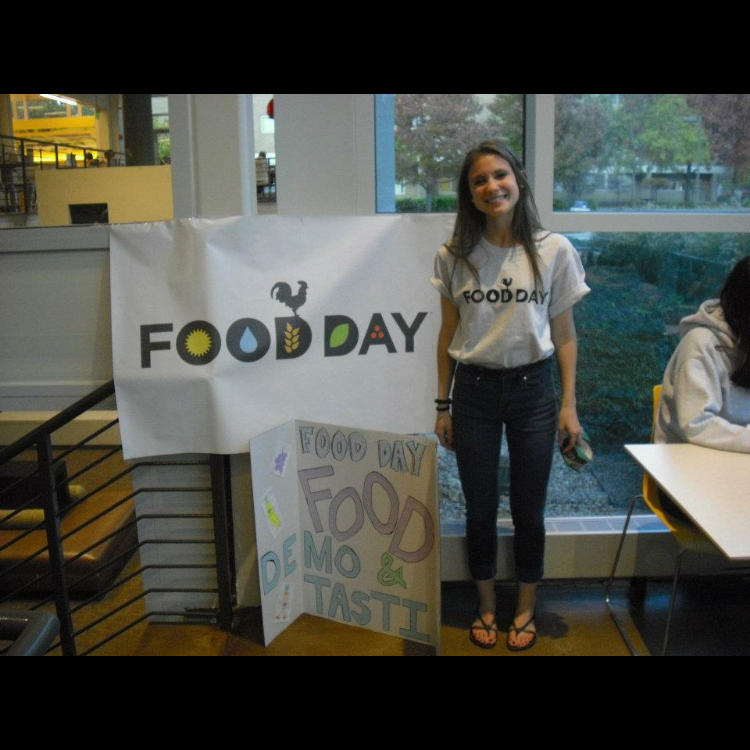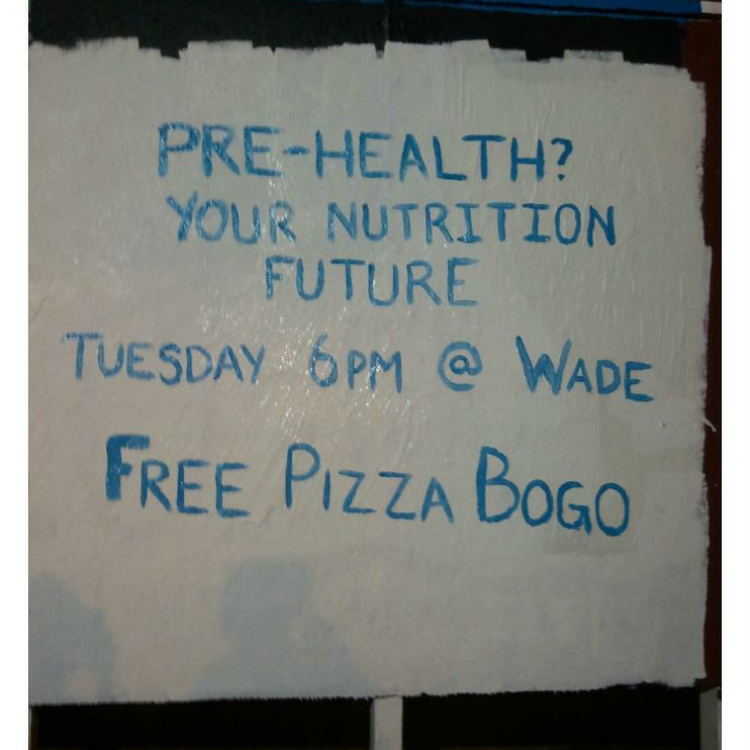I’m so pumped to bring you this blog post! Here are all of the answers to the most common Qs I get:
Becoming a Registered Dietitian (RD)
What schooling is needed to become a Registered Dietitian? You need to
1) go through a certain sequence of courses called the “Didactic Program in Dietetics”, (DPD program), which usually takes 2-4 years, and then
2) need to complete a supervised internship called a “Dietetic Internship” (DI) – which is similar to a medical residency, which usually lasts about 1 year. The DPD program can be done while you’re in college (not all colleges offer it), or after college if you’ve already graduated. You apply to DI programs through an online system (once you’ve completed the DPD program).
Once you complete the DI, you sit for a national exam. Once you are an RD, every 5 years, you need to complete continuing education credits (like in any medical profession).
Also, in a few years, it will be required for all dietitians to also have a Master’s degree. Please consider the costs of all of this before deciding to pursue this field of study!
Here’s more information on this process.
Where did you go to school to become a Registered Dietitian (RD)?
I did my Bachelor of Science in Nutrition, Master of Science in Public Health Nutrition, and Dietetic Internship (to become a Registered Dietitian) at Case Western Reserve University in Cleveland, Ohio. I then went to Columbia to do a PhD in Nutrition & Behavior Change.
Are there other certifications you can get after you become a Registered Dietitian?
Yes. CDR offers many – here. And of course there are many others you can find online.
How much/ what kind of experience should you get before applying to the Dietetic Internship (DI)?
Get as much as you can! Even just shadowing someone for a day is great.
How can I get clinical experience before the Dietetic Internship (DI)?
Try to intern or work in the kitchens in a hospital. This way you can make connections to then shadow or intern in the nutrition department.
Where can I work as an RD?
Is the Dietetic Internship (DI) hard?
Not really 🙂 They want you to succeed!
What’s the salary for an RD like?
It’s honestly not amazing. Here’s a picture.
What about switching careers to become an RD?
I’d really consider the costs & what you want to do afterwards with your degree. Going back to school can be very expensive, and many RD careers don’t pay very well. See the Q&As below about becoming a nutritionist.
Tips for while you’re in school?
1. Talk to as many people in the field as possible.
You’ll not only make connections (which can help down the line when you’re looking for jobs), but you’ll be able to see the wide world of nutrition and what job opportunities are available. You have the benefit of being a student here – reach out to different professionals on social media and on LinkedIn and ask for an informational interview.
2. Intern & work.
Get a variety of actual experiences in a number of food & health-related industries – volunteer at a hospital, work at a restaurant, intern for a public-health agency, etc. The more different experiences you have, the better prepared you will be. In undergrad, I worked as a research intern at Cleveland’s Prevention Research Center, volunteered in University Hospital’s foodservice center, interned at Children’s Hospital of Philadelphia’s Healthy Weight Program, interned at Cleveland’s Department of Public Health (which led me to a TV role as a nutritionist on their weight loss program for government employees), and worked at a smoothie restaurant on Case’s campus.
3. Get involved.
Serve on your school’s nutrition or cooking club’s leadership team, get involved in your state or city’s dietetic association, or get involved in other related leadership organizations in your area. In undergrad, I was the president of the Student Dietetic Association.
4. Get to know your professors.
Your professors will ultimately be writing you letters of recommendation. Make sure they know you as a person, outside of your grades alone. Book some of their office hours and ask them about their recommendations for getting ahead in the field of nutrition, and keep them informed of your progress at school.
Difference Between an RD and a Nutritionist
Do you need to be a Registered Dietitian to give nutrit
ion advice?
Generally – no. It mostly depends on the state – each state has its own requirements. Here’s a summary.
What’s the difference between an RD and a Nutritionist?
A Registered Dietitian (also called Registered Dietitian Nutritionist) has gone through extensive training at a university levels, has completed a supervised Dietetic Internship (DI), and has taken and passed a national exam. RDs must complete a number of continuing education each year. Nutritionist, on the other hand, is a general term that can apply to a number of individuals, with no specifications on their training and education.
What are some other good ways to become certified in nutrition without becoming a Registered Dietitian?
There are a number of other good certifications out there. Personally, these are some I like:
What careers are only available to RDs (not nutritionists)?
Typically more medically-focused careers like in hospitals, or working for a company that takes medical insurance – since typically you need to be a Registered Dietitian to take health insurance. Some government jobs are also only open to those with the RD credential.
PhD Questions
Is it required to get a PhD for a nutritionist?
Not at all!
Why did you get a PhD?
I fell in love with research in college! I love finding patterns & seeing what works on a broad level.











